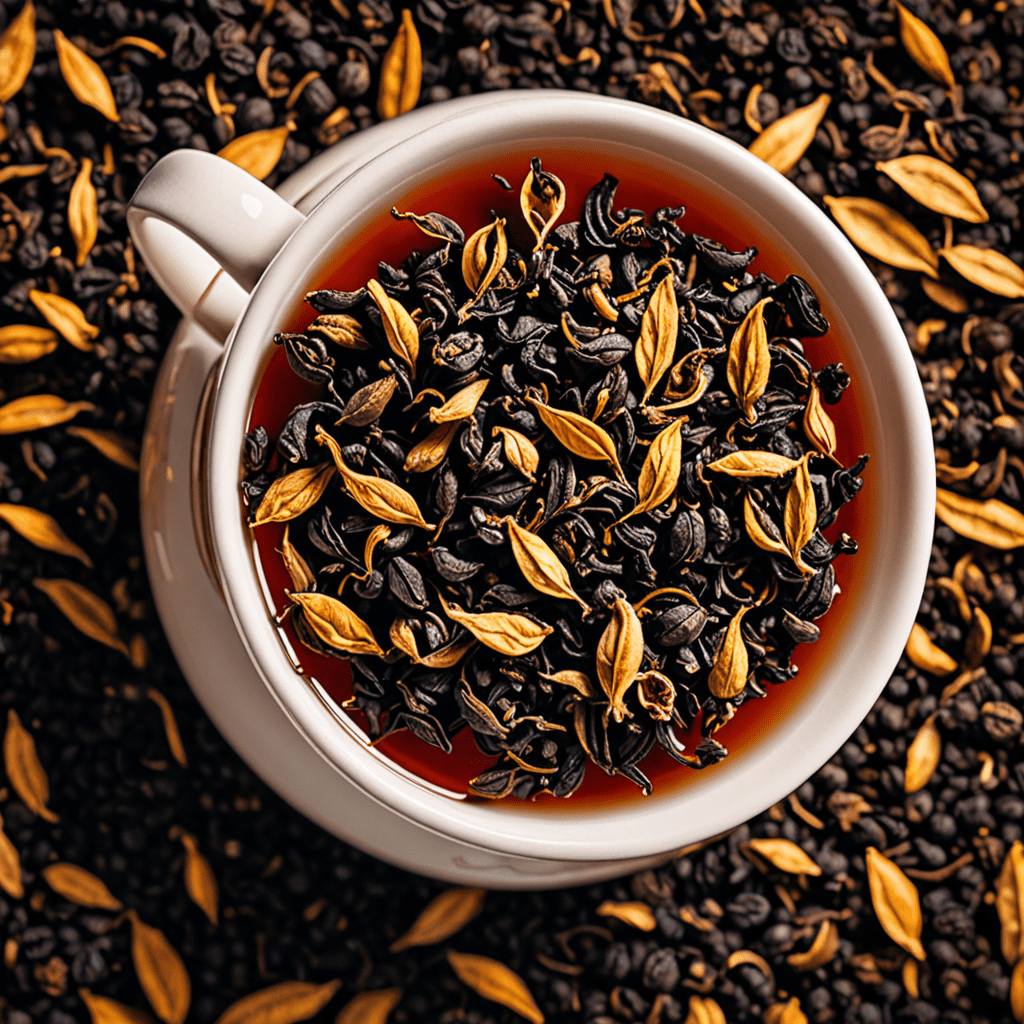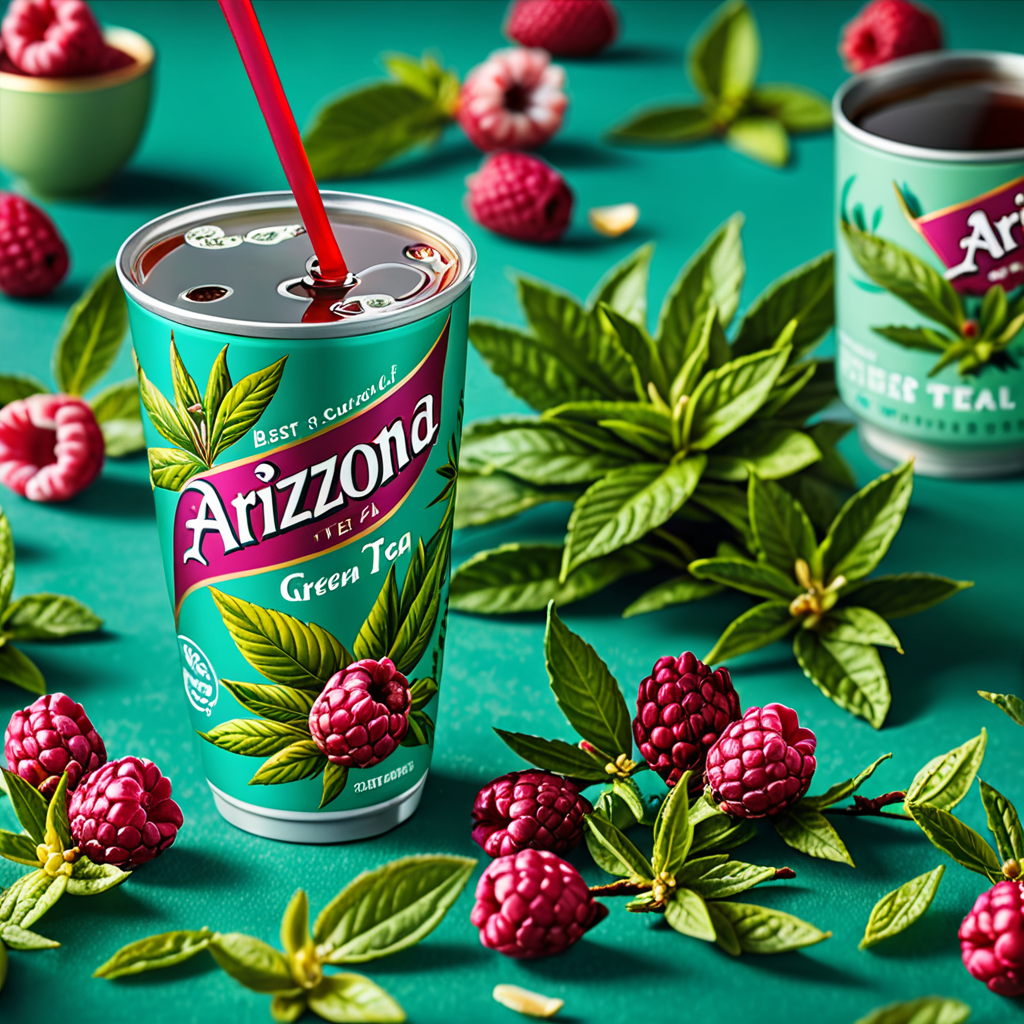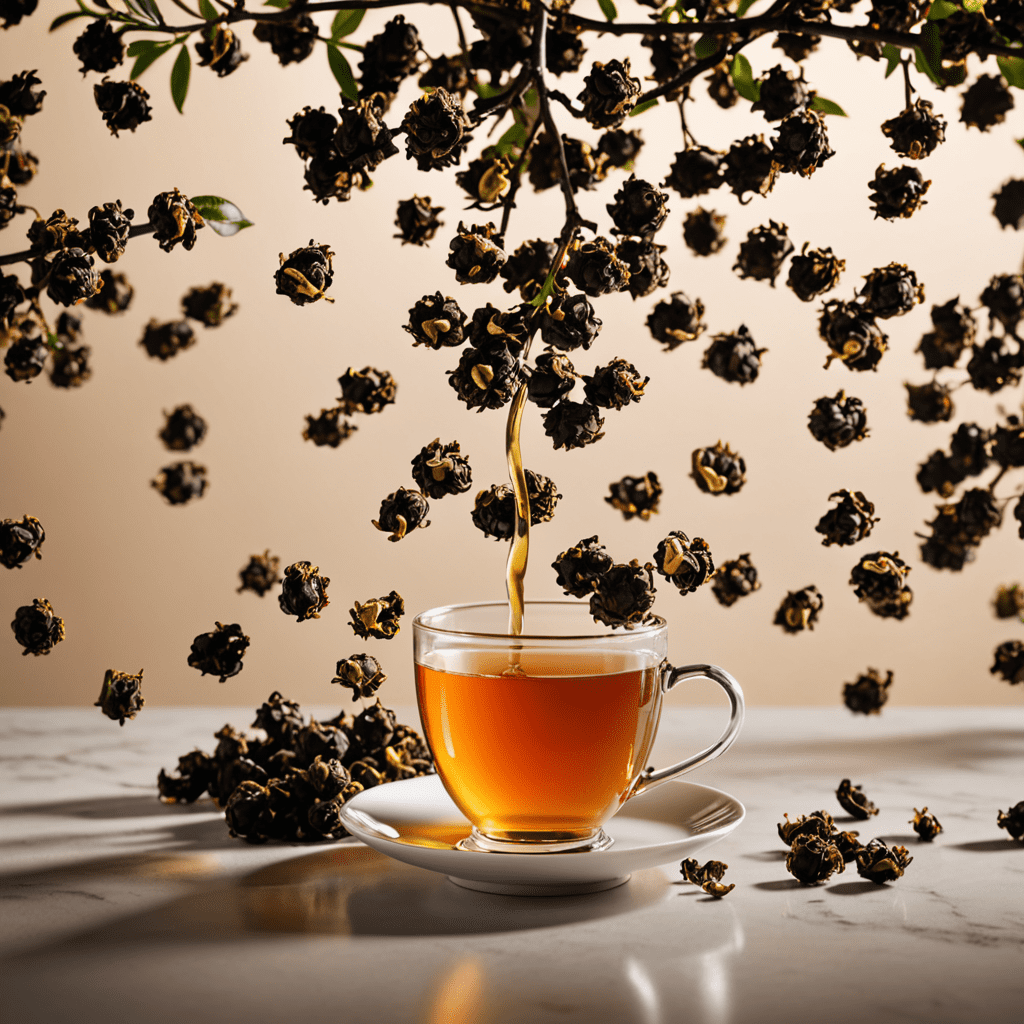Uncovering the Mystery: Black Tea’s Surprising Caffeine Advantage Over Green Tea
Introduction
Tea, a beloved beverage enjoyed by millions around the world, comes in various types and flavors. When it comes to caffeine content, black tea often takes the lead over green tea. But have you ever wondered why? In this article, we delve into the fascinating reasons behind black tea’s higher caffeine levels compared to green tea.
Understanding Caffeine in Tea
Before we explore the differences between black tea and green tea, let’s briefly understand caffeine in tea. Caffeine is a natural compound found in tea leaves that acts as a stimulant, having various effects on the body.
1. Differences in Processing
One of the primary reasons why black tea contains more caffeine than green tea lies in the processing methods. Black tea undergoes a lengthier and more intense oxidation process, which breaks down complex compounds and results in higher caffeine retention.
2. Variations in Tea Leaves
The types of tea leaves used also contribute to the disparity in caffeine levels. Black tea is typically made from the larger and more mature leaves, which naturally contain higher caffeine concentrations. In contrast, green tea is made from younger leaves that undergo minimal oxidation, leading to a lower caffeine content.
3. Steeping and Infusion Time
Another factor affecting the caffeine content in your cup of tea is the steeping and infusion time. Generally, black tea requires a longer brewing period compared to green tea. The extended infusion time allows for a greater extraction of caffeine, resulting in a more potent cup.
4. Water Temperature and Extraction
The water temperature used to brew tea can also impact the caffeine levels. Black tea is typically brewed with hotter water, aiding in the efficient extraction of caffeine. In contrast, green tea is often brewed with cooler water to preserve its delicate flavor, resulting in a lesser extraction of caffeine.
5. Cultivar and Growing Conditions
The specific cultivar and growing conditions of tea plants can influence their caffeine content. Varieties used to produce black tea often have higher caffeine concentrations, while those selected for green tea production may naturally contain lower levels of caffeine.
6. Personal Sensitivity and Perception
It’s important to acknowledge that individuals may perceive the effects of caffeine differently. Factors such as personal sensitivity and tolerance can significantly influence how we experience caffeine, regardless of the specific tea type.
7. FAQ
Q: Does steeping black tea longer increase its caffeine content?
A: Steeping black tea for longer does not significantly increase the caffeine content. After a certain point, most of the caffeine has already been extracted, and further infusion will not result in substantial changes.
Q: Can I reduce the caffeine content in my tea?
A: Yes, if you want to reduce the caffeine content in your tea, you can opt for decaffeinated tea or consider brewing methods that allow for shorter infusion times.
Q: How much caffeine is in black tea compared to coffee?
A: While black tea generally contains less caffeine than coffee per serving, it is important to note that the actual caffeine levels can vary depending on the specific tea and coffee types used.
Conclusion
Black tea’s higher caffeine content compared to green tea can be attributed to various factors, including processing methods, tea leaf variations, steeping and infusion techniques, water temperature, cultivar variations, and personal sensitivity. By understanding these differences, you can make an informed choice when selecting your preferred tea, ensuring you savor every sip just the way you like it.


